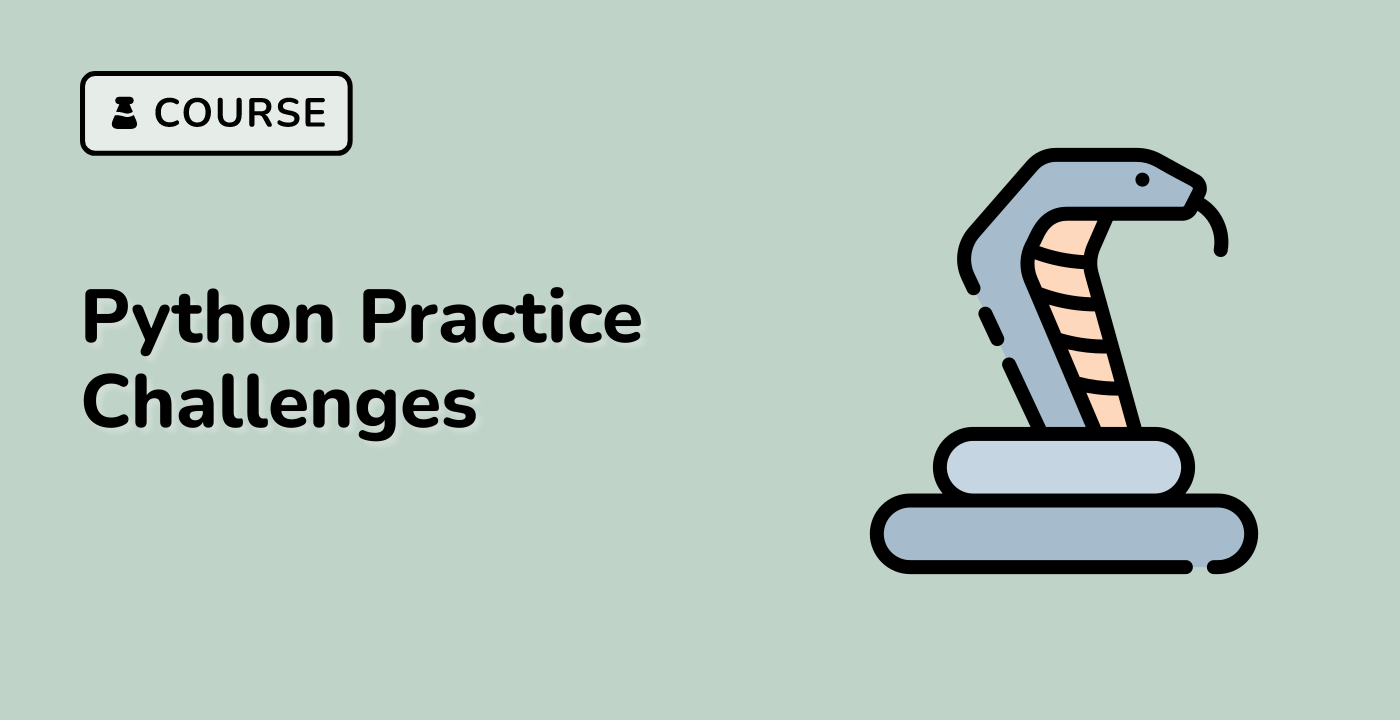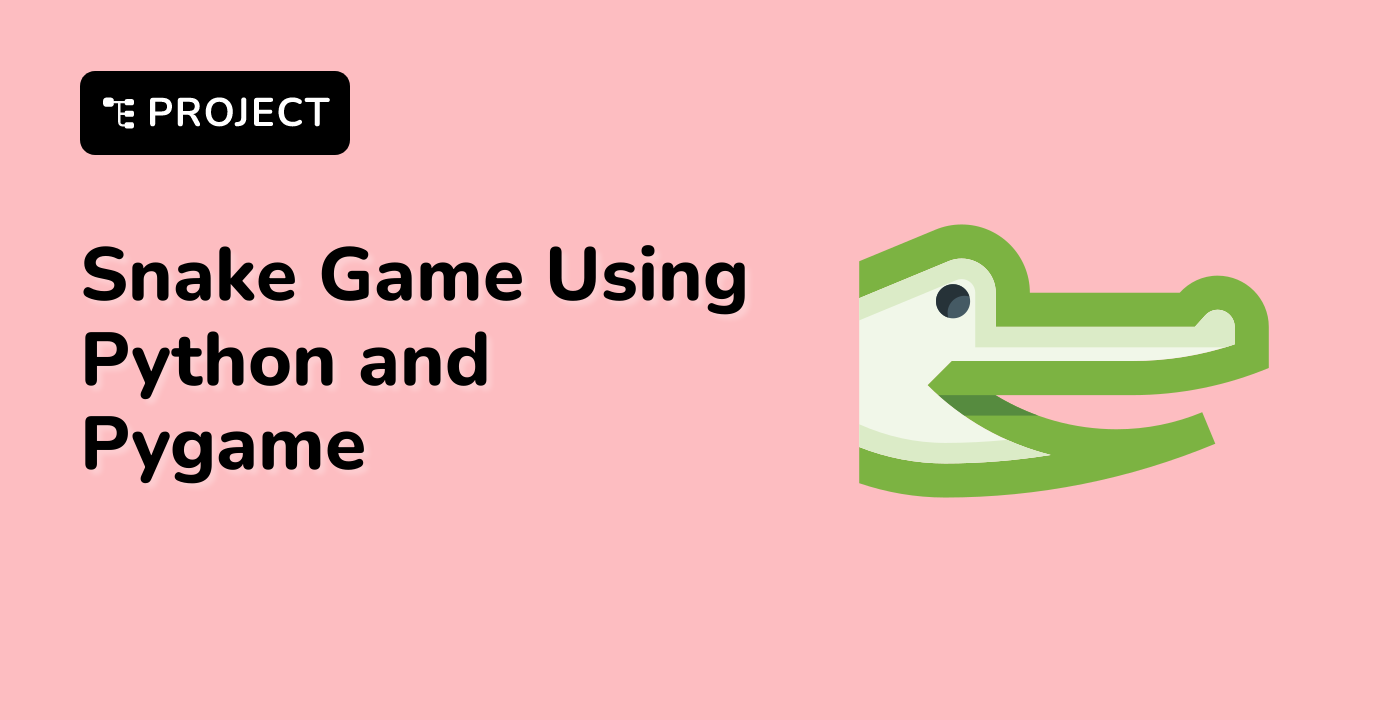Introduction
In this project, you will learn how to implement an immutable dictionary in Python. An immutable dictionary is a data structure that cannot be modified after it is created, which is useful in certain applications where the data needs to remain unchanged.
👀 Preview
d["Connection"]='kee-alive'
d["Host"]='www.labex.io'
TypeError("'ImmutableDict' objects are immutable")
TypeError("'ImmutableDict' objects are immutable")
d.get("Host")='www.labex.io'🎯 Tasks
In this project, you will learn:
- How to create an
ImmutableDictclass that inherits from the built-indictclass - How to implement methods in the
ImmutableDictclass to prevent modifications to the dictionary - How to test the
ImmutableDictclass to ensure it behaves as expected
🏆 Achievements
After completing this project, you will be able to:
- Understand the concept of immutable data structures and their use cases
- Implement an immutable dictionary in Python using the
ImmutableDictclass - Prevent modifications to the dictionary by overriding the appropriate methods
- Test the
ImmutableDictclass to ensure it works as expected




